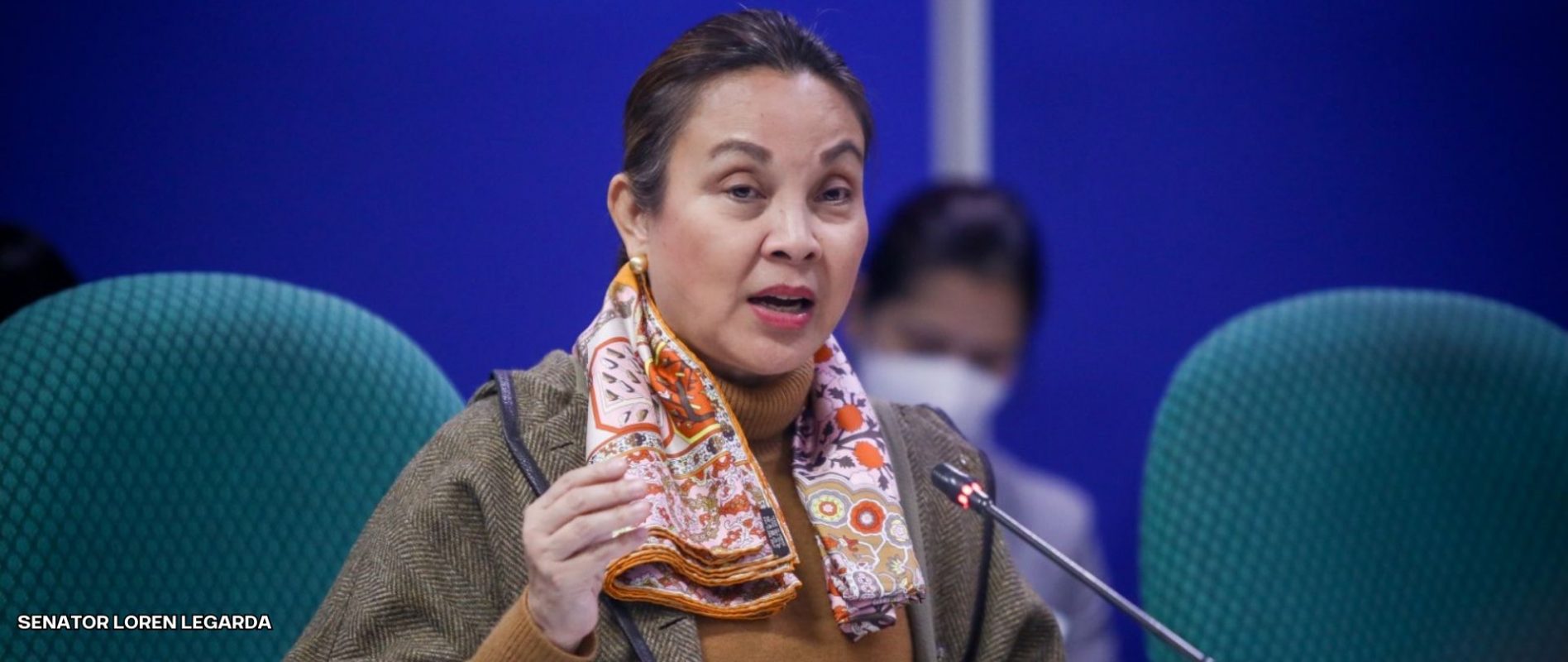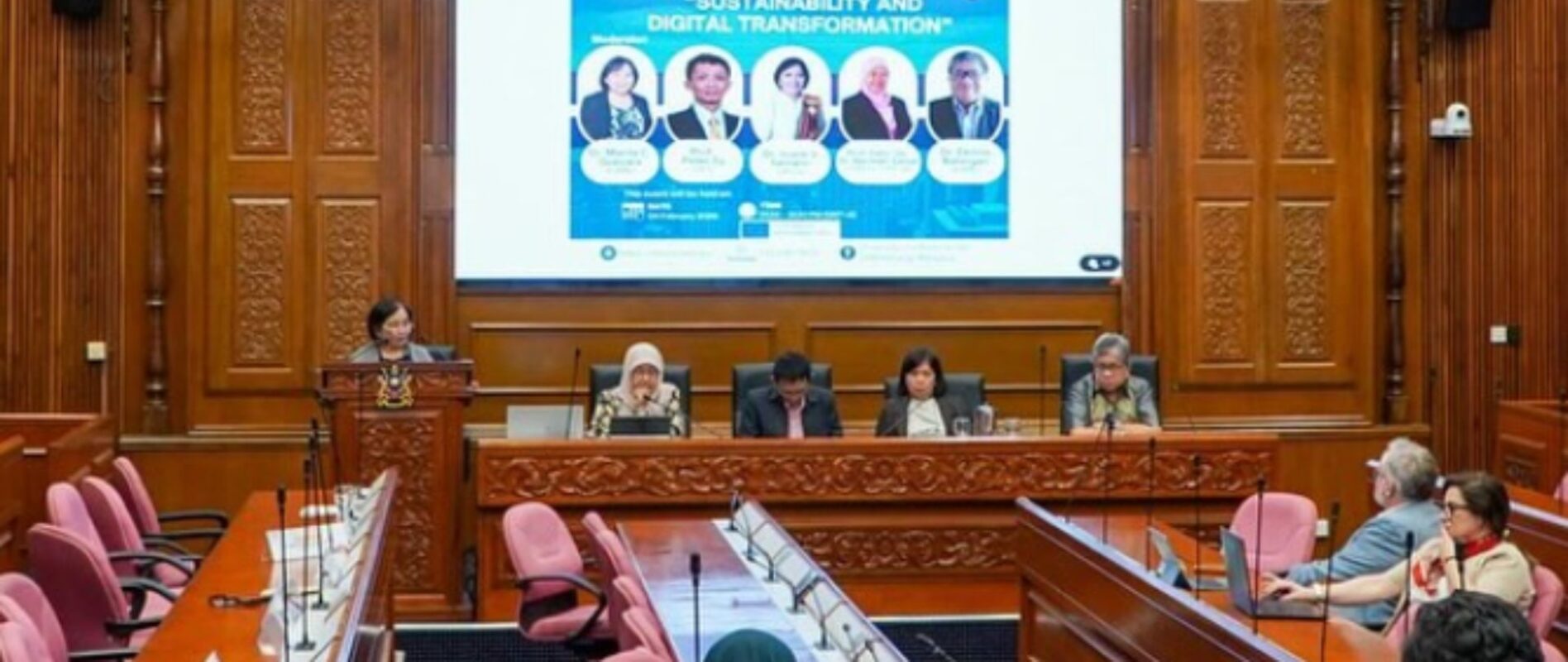EMANCIPATION OF STANDARDIZED BEAUTY
Objectification of human being seems to play a huge part in mainstream media, enslaving social circles, limiting natural rights. Socially constructed society in terms of beauty standards entrenched a patriarchal perspective that leads to self-hate and questioning existence affecting the emotional well-being of most women.
Universal fascination with obtaining beauty is quickly exposed through commercial advertising of anti-aging products, body supplements, cosmetics, and slim fit clothes. Thus became the breeding ground of obsession to achieve the STANDARD OF BEAUTY, damaging women and even men from all walks of life and race.
The fashion industry manipulates human aesthetics, such as the feminine beauty notion that physical attractiveness (straight hair, hour-glass body shape, fair skin, light complexion, pointed noise, etc) is an asset every woman has to strive to be perceived as beautiful.
Take note that the concept of beauty is a subjective one. Varies and attributed to the geographic location of every culture one resides in or travels to.
With this in mind, why do such beauty standards still exist? According to Cristina Donati’s writing from the Huffington Post, the reason is simple. “It is due to the ideas that the media puts into our heads from what they display in advertisements.” Even love interests in romantic films are primarily depicted on the thinner side.
Media consumption plays a vital role in influencing perspectives that serve as an addicting drug everyone cannot resist. Donati continues to state that “people see these perfect models being shown as the image of beauty, but people do not understand how photoshopped advertisements truly are.”
Beauty standards are unrealistic. Even for those who possess said attributes, insecurities still heighten. Ideals perpetuated in the media lead to internalized racism. As a consequence, continued attainment of beauty standards affects health and overall state.
According to Psychology Today, forty-nine percent of women reported that “very thin models make them feel insecure about themselves” and forty-eight percent of women “want to lose weight to be like them” in a recent survey. Unfortunately, the desire for a tiny figure may lead to eating disorders and overall low self-esteem.
As social conditions and gender roles change, women may have been gaining freedom and power, but breaking the barriers of standardized beauty is yet to be cured. However, it is a great step in working to build the self-esteem of all children at school by being more open to accepting all body types in a healthy means to stop conforming to ideals set by the society that we’re unlikely to achieve.
Intoxicating insanity inflicted by society disturbs one’s true belonging and self-acceptance that has to be stripped away to find one true reflection to be unique, deserving of love, and empowerment but it can only make sense if acquired freely by each individual.














